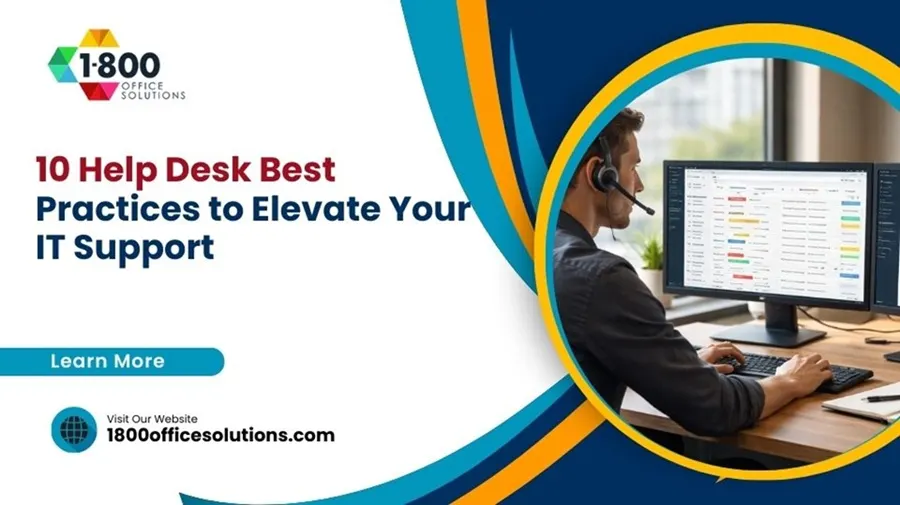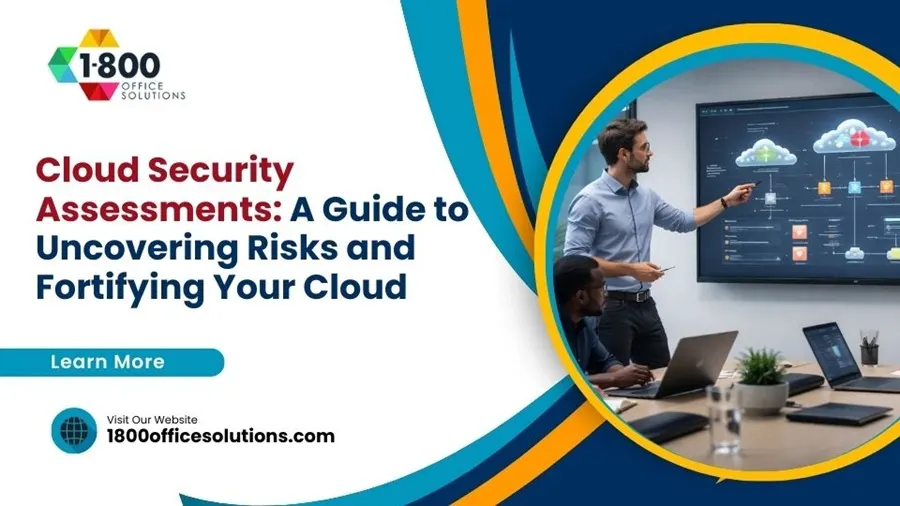Managed IT Solutions: What You Need to Know
Managed IT Solutions
Managed IT Solutions are a game-changer for businesses of all sizes. Managed IT services involve outsourcing various IT functions to external providers, known as Managed Service Providers (MSPs). These experts take care of your technology solutions, ensuring your systems run smoothly and securely.
The importance of managed IT solutions cannot be overstated. They allow businesses to focus on core activities without worrying about IT-related issues. Whether you’re a small business or a large enterprise, these services can save you time and money.
Moreover, with the increasing threat of cyberattacks, having a dedicated team to manage your cybersecurity is crucial. In addition, managed IT services offer scalable solutions, adapting to your business’s growth and changing needs. Therefore, investing in managed IT solutions is not just a choice but a necessity for staying competitive in today’s market.

Understanding Managed IT Solutions
Definition of Managed IT Solutions
Managed IT solutions refer to outsourcing IT tasks to specialized providers. These services encompass a broad range of functions, from network management to cybersecurity.
What are Managed IT Services?
Managed IT services are a proactive approach to IT management. Instead of waiting for problems to occur, MSPs continuously monitor and manage your IT systems. They ensure your technology infrastructure is always up-to-date and secure, providing services like network monitoring, data backup, and disaster recovery.
Difference Between Traditional IT Services and Managed Services
Traditional IT services follow a break/fix model. In other words, they only address issues when they arise. However, managed services operate on a subscription basis, offering continuous support and maintenance. This proactive approach minimizes downtime and prevents potential problems.
Evolution from Break/Fix Model to Managed Services
Initially, businesses relied on the break/fix model. Technicians would fix issues as they occurred. However, this method proved inefficient and costly. Over time, the need for a more reliable and cost-effective solution led to the development of managed IT services. Today, MSPs offer comprehensive and scalable solutions, ensuring businesses can focus on growth without IT interruptions.
Core Components of Managed IT Solutions
Network Monitoring and Management
Importance of Network Health
A healthy network is the backbone of any business. It ensures seamless communication and operations. Network monitoring helps in identifying potential issues before they become significant problems. This proactive approach ensures minimal downtime.
Tools and Techniques Used
MSPs use advanced tools like SNMP monitoring, NetFlow analysis, and intrusion detection systems. These tools continuously monitor network performance and security, providing real-time alerts for any anomalies.
Benefits for Businesses
By outsourcing network management, businesses can ensure their network remains robust and secure. This leads to improved productivity and reduced operational costs. Moreover, businesses can leverage the latest technology without investing in expensive infrastructure.
Data Backup and Recovery
Significance of Data Protection
Data is a valuable asset for any business. Protecting this data is crucial to avoid loss from accidental deletions, cyberattacks, or natural disasters. Data backup and recovery services ensure that your data is safe and can be restored quickly when needed.
Strategies for Backup and Recovery
MSPs employ various strategies, including cloud backups, local backups, and hybrid solutions. These strategies ensure that data is always available and can be recovered in the event of a disaster.
Role in Disaster Recovery
In the event of a disaster, quick data recovery is essential to resume operations. Managed IT services provide comprehensive disaster recovery plans that minimize downtime and data loss. This ensures business continuity and protects against significant financial losses.
Cybersecurity Services
Rising Cyber Threats
With cyber threats becoming more sophisticated, businesses must enhance their security measures. Managed cybersecurity services offer robust protection against various threats, ensuring your data and systems remain secure.
Key Security Services Offered
MSPs provide a range of security services, including:
Dark Web Monitoring
This service involves scanning the dark web for any compromised data related to your business. It helps in identifying and mitigating potential threats before they cause harm.
Multi-Factor Authentication
Implementing multi-factor authentication adds an extra layer of security. It ensures that only authorized personnel can access sensitive data and systems.
Access Policies
MSPs help establish and enforce strict access policies. This includes defining user roles and permissions, ensuring that employees only have access to the data and systems they need.
By leveraging these services, businesses can significantly enhance their cybersecurity posture and protect against data breaches and other cyber threats.













